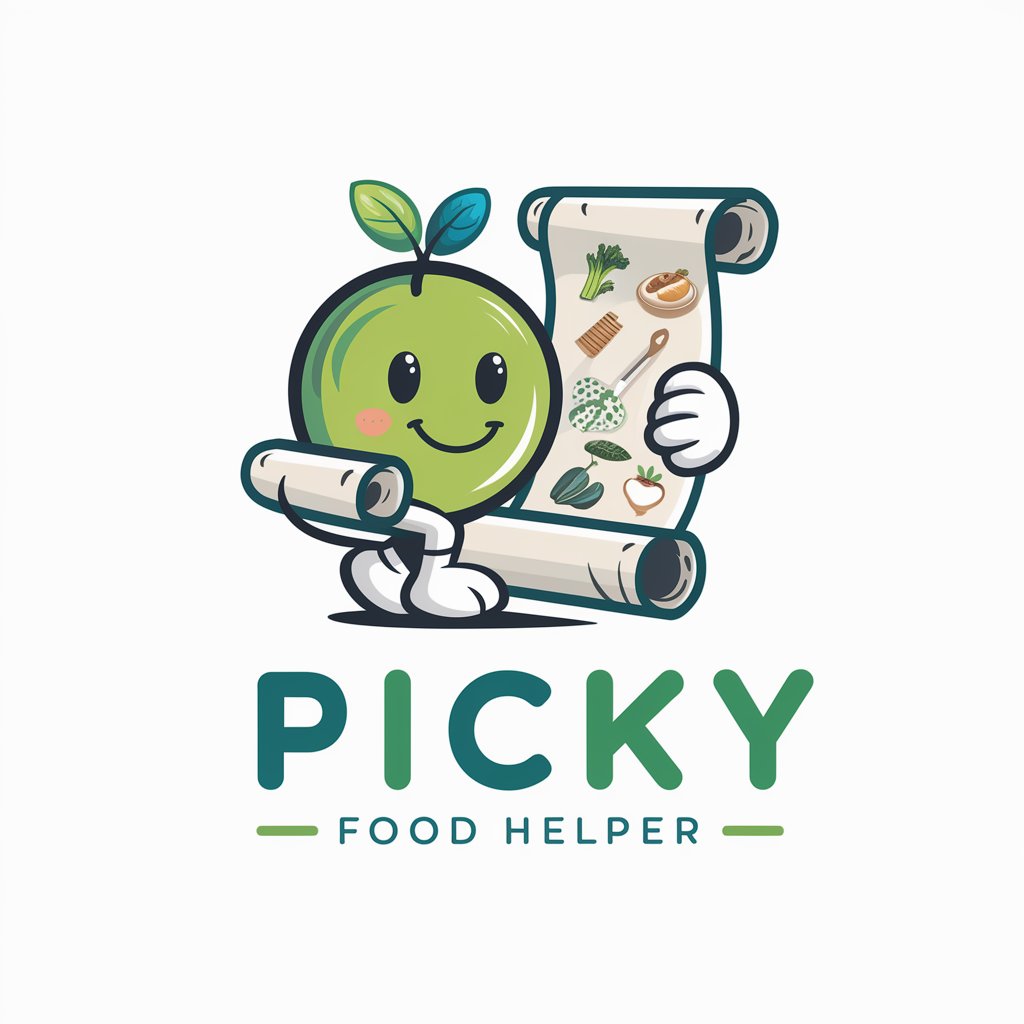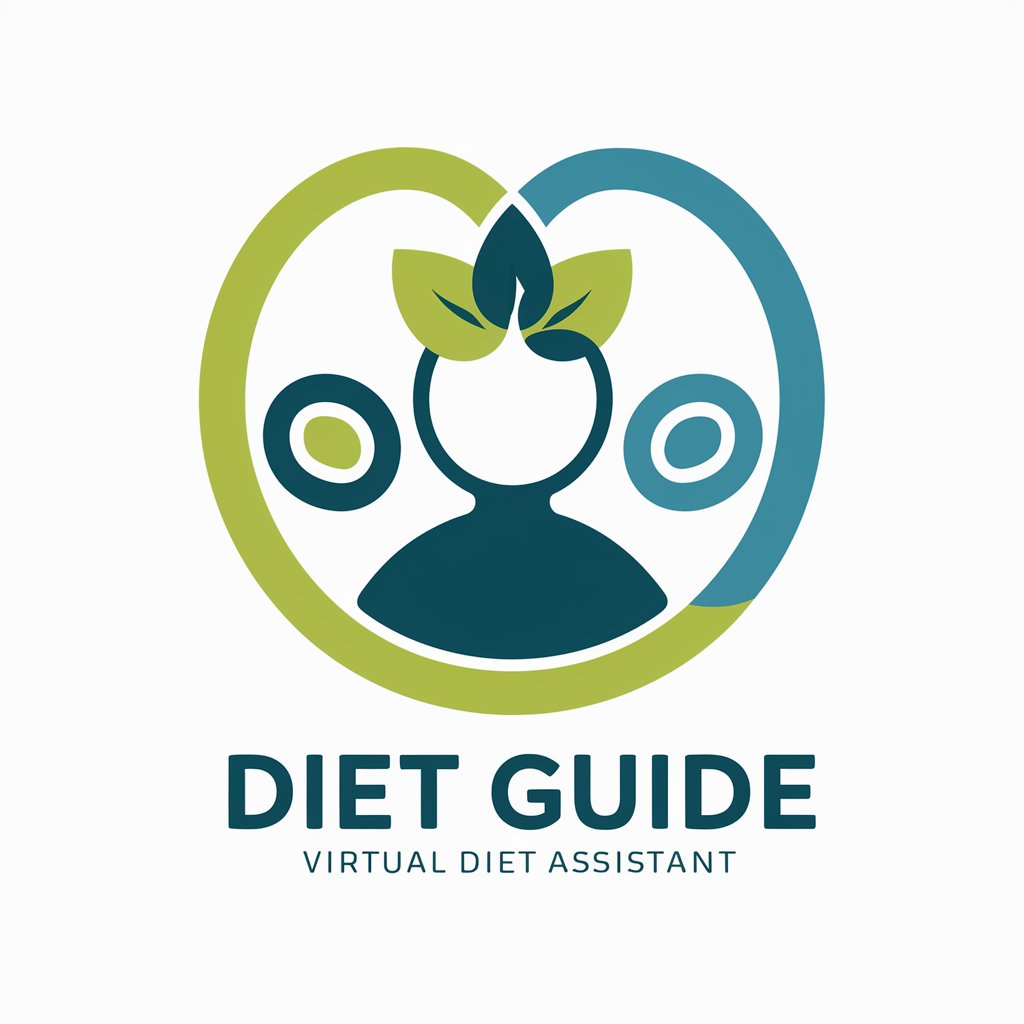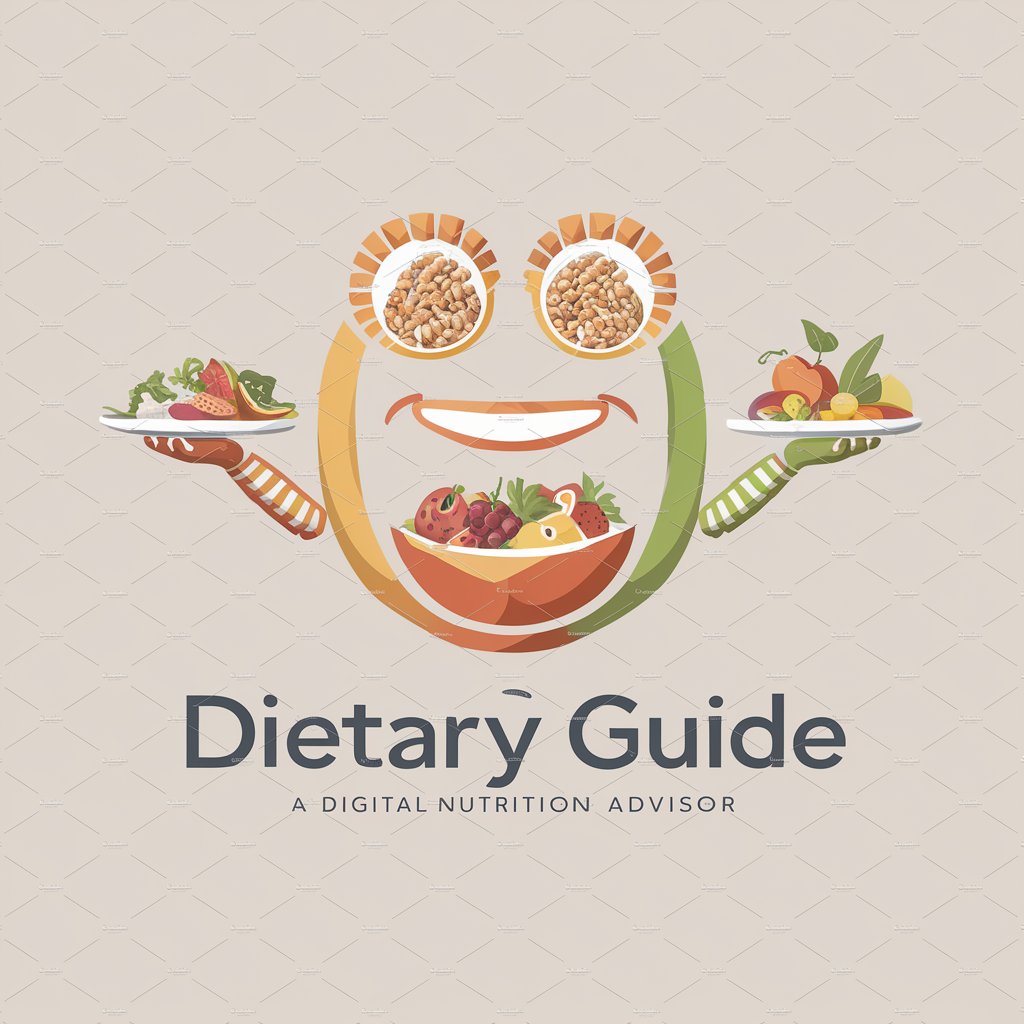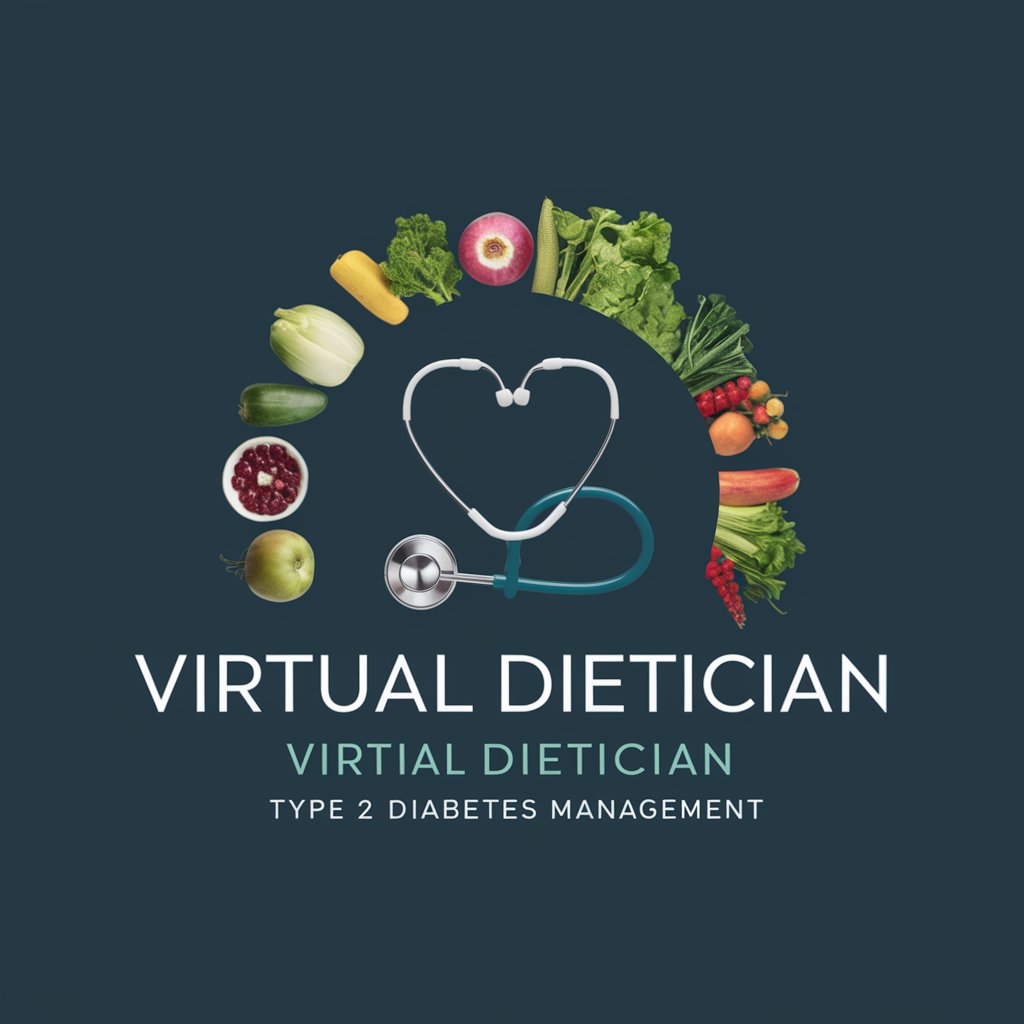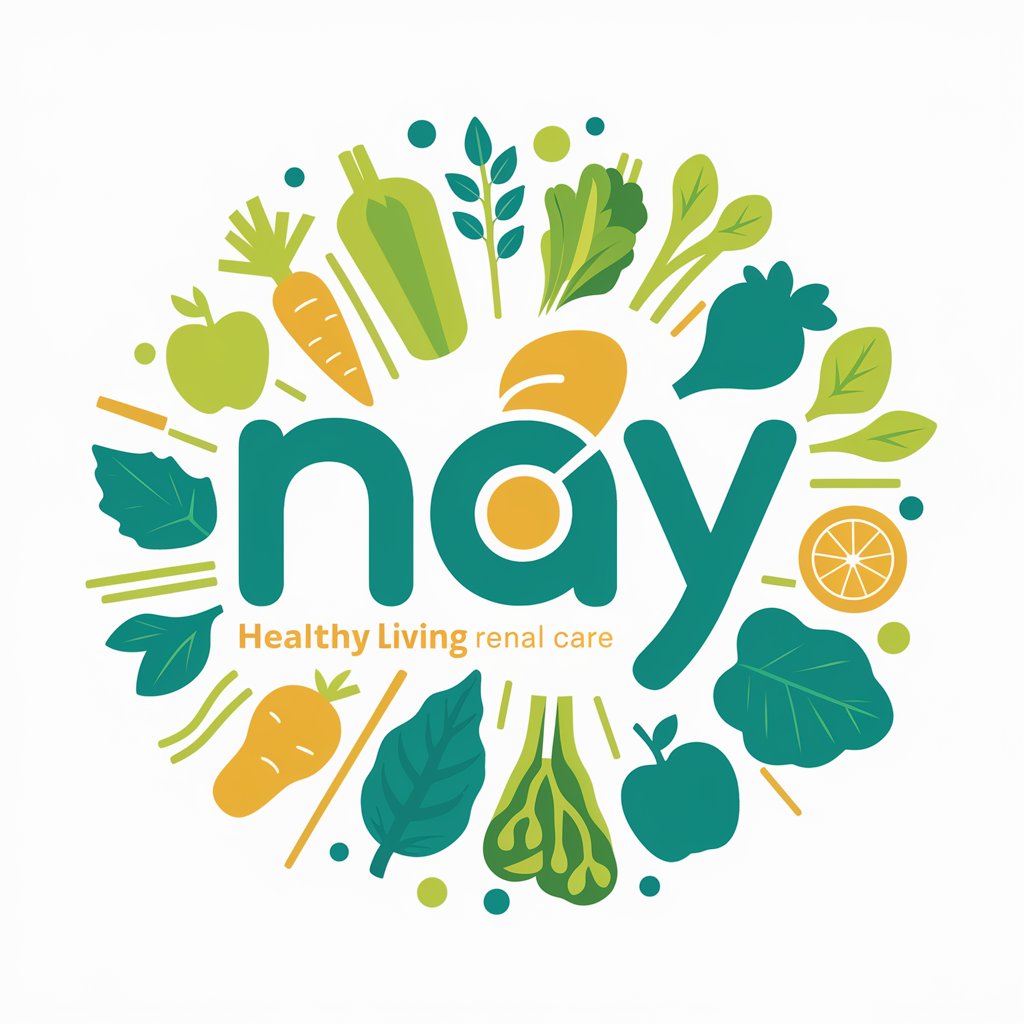
Digital Diet Advice for Kidney Stone Prevention - Kidney Stone Dietary Advice
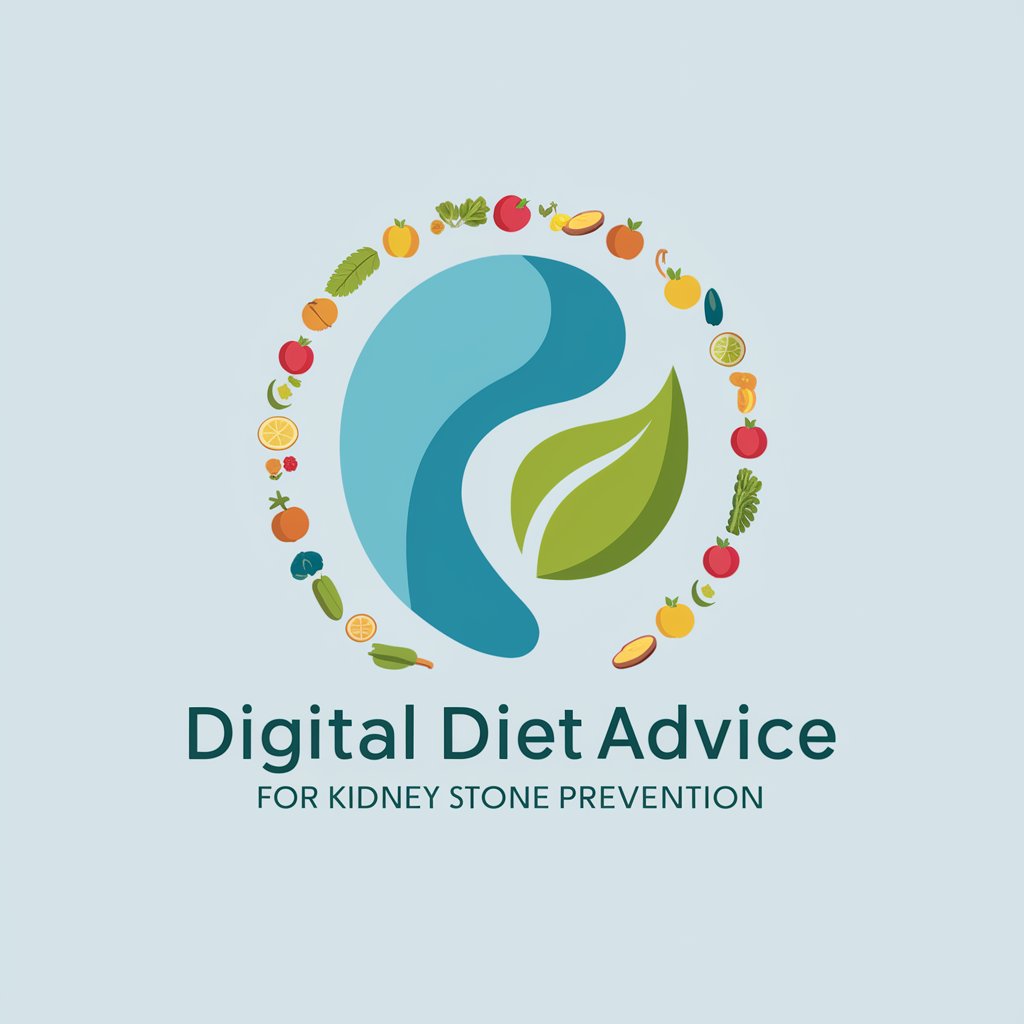
Hello! Ready to optimize your diet for kidney stone prevention?
Tailoring Your Diet to Prevent Kidney Stones, Powered by AI
Can you tell me about your typical daily diet?
How much water do you drink in a day?
What types of cuisine do you prefer?
Do you have a history of kidney stones?
Get Embed Code
Understanding Digital Diet Advice for Kidney Stone Prevention
The Digital Diet Advice for Kidney Stone Prevention is a dedicated tool designed to provide personalized dietary recommendations aimed at preventing the formation of kidney stones. It is built on the premise that certain dietary adjustments can significantly reduce the risk of developing kidney stones for susceptible individuals. This tool interacts with users to gather specific information regarding their daily fluid intake, dietary habits, cuisine preferences, and any medical history related to kidney stones. Based on these inputs, it generates custom dietary advice tailored to the individual's needs. For example, if a user has a history of calcium oxalate stones and prefers a vegetarian diet, the tool would recommend a balanced intake of calcium-rich foods, limitations on high-oxalate vegetables, and an increased fluid intake, all within the context of vegetarian dietary options. Powered by ChatGPT-4o。

Core Functions of Digital Diet Advice for Kidney Stone Prevention
Personalized Dietary Recommendations
Example
Recommending increased water intake and specific dietary adjustments based on the type of kidney stones (e.g., calcium oxalate, uric acid).
Scenario
A user with a history of uric acid stones is advised to limit foods high in purines, such as red meat and shellfish, while being encouraged to increase their water intake and consume more fruits and vegetables.
Fluid Intake Optimization
Example
Guidance on optimal daily fluid intake to prevent stone formation.
Scenario
For individuals living in hot climates or leading active lifestyles, the tool emphasizes the importance of exceeding the standard recommendation of eight glasses of water per day to prevent dehydration and reduce kidney stone risk.
Diet Modification According to Cuisine Preferences
Example
Tailoring dietary advice to align with the user's preferred cuisine, ensuring recommendations are practical and enjoyable.
Scenario
A user who enjoys Asian cuisine might receive suggestions for low-oxalate vegetable options, such as bok choy and cabbage, and be advised on how to balance soy product intake, which can be high in oxalates.
Management of Dietary Calcium and Oxalate Intake
Example
Balancing calcium and oxalate in the diet to prevent the formation of calcium oxalate stones.
Scenario
Providing advice on consuming calcium-rich foods alongside oxalate-rich foods to reduce oxalate absorption in the intestines, thus lowering the risk of stone formation.
Customized Lifestyle and Dietary Habit Tips
Example
Offering lifestyle modification tips alongside dietary advice to enhance the prevention of kidney stones.
Scenario
Advising users to maintain a healthy weight, avoid excessive salt intake, and reduce the consumption of sugary drinks, which can all contribute to kidney stone risk.
Who Benefits from Digital Diet Advice for Kidney Stone Prevention?
Individuals with a History of Kidney Stones
People who have previously experienced kidney stones are at a higher risk of recurrence. Tailored dietary guidance can help minimize this risk by addressing specific dietary factors related to stone formation.
Individuals at Risk of Developing Kidney Stones
Those with a family history of kidney stones, certain medical conditions (e.g., hyperparathyroidism, certain renal tubular acidosis), or lifestyle factors (e.g., low fluid intake, high protein diet) that increase stone risk can benefit from preemptive dietary adjustments.
Health-conscious Individuals Seeking Preventative Measures
People looking to maintain a healthy lifestyle and reduce their risk of kidney stones through proactive dietary and fluid intake management, even if they haven't had stones before.

Using Digital Diet Advice for Kidney Stone Prevention
Start Your Journey
Visit yeschat.ai to access the Digital Diet Advice for Kidney Stone Prevention without any need for signing up or subscribing to ChatGPT Plus.
Answer Preliminary Questions
Provide answers to four standard questions about your diet, fluid intake, cuisine preferences, and any medical history related to kidney stones.
Receive Custom Dietary Recommendations
Based on your responses, receive five tailored dietary recommendations aimed at preventing kidney stones.
Implement Changes
Incorporate the suggested dietary modifications into your daily routine to help reduce the risk of developing kidney stones.
Seek Professional Advice
While implementing these recommendations, consider consulting a healthcare professional for personalized medical advice and to address specific concerns.
Try other advanced and practical GPTs
Cheerful Panda
Elevate your day with AI-powered positivity.

Curious Socrates
Empowering Insight Through Questioning
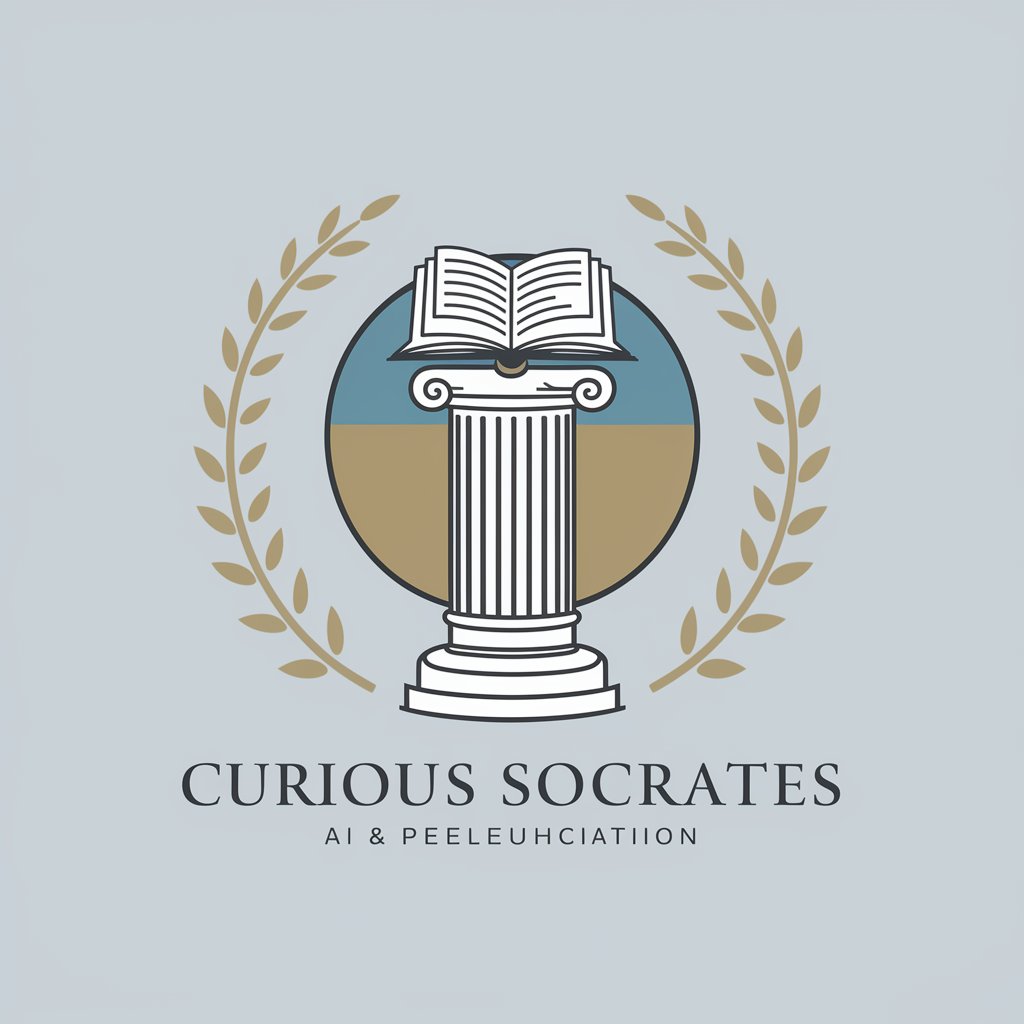
Syntax Sentry
AI-powered Precision in Grammar Correction
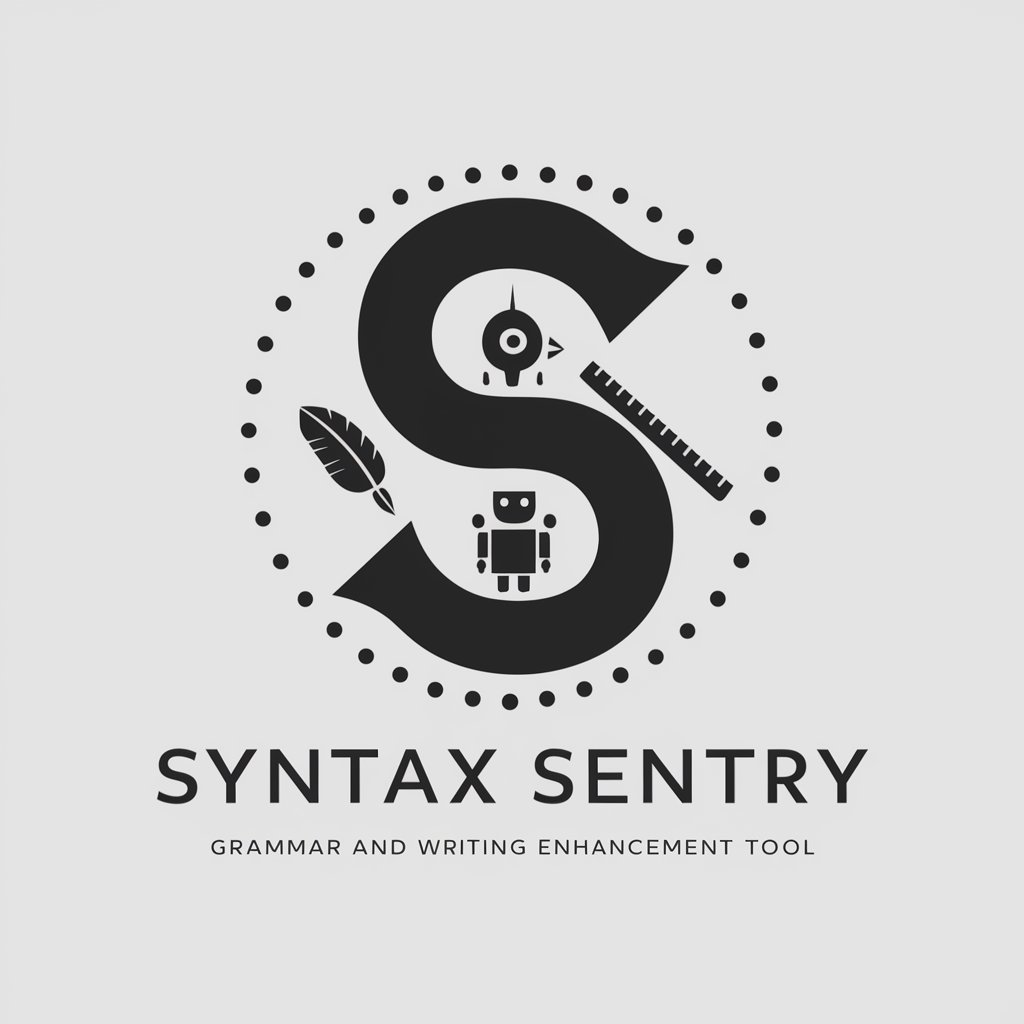
Startup MurderBoard
Fortify Your Startup Against Criticism

Devil's Advocate GPT
Challenging Ideas, Enhancing Thinking

R&D team
Elevate Your Code with AI-Powered R&D
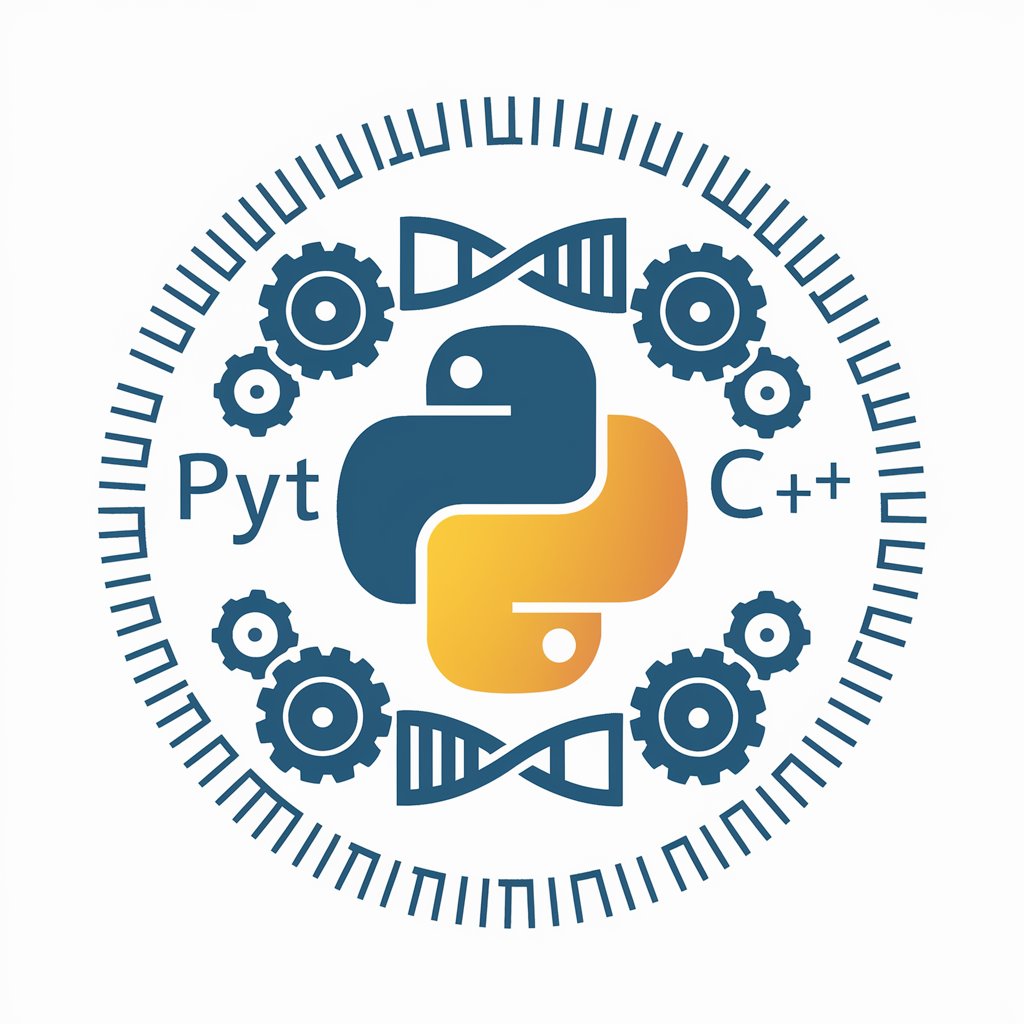
JYKines Medical Fitness Program Design Assistant
Tailored Fitness at Your Fingertips
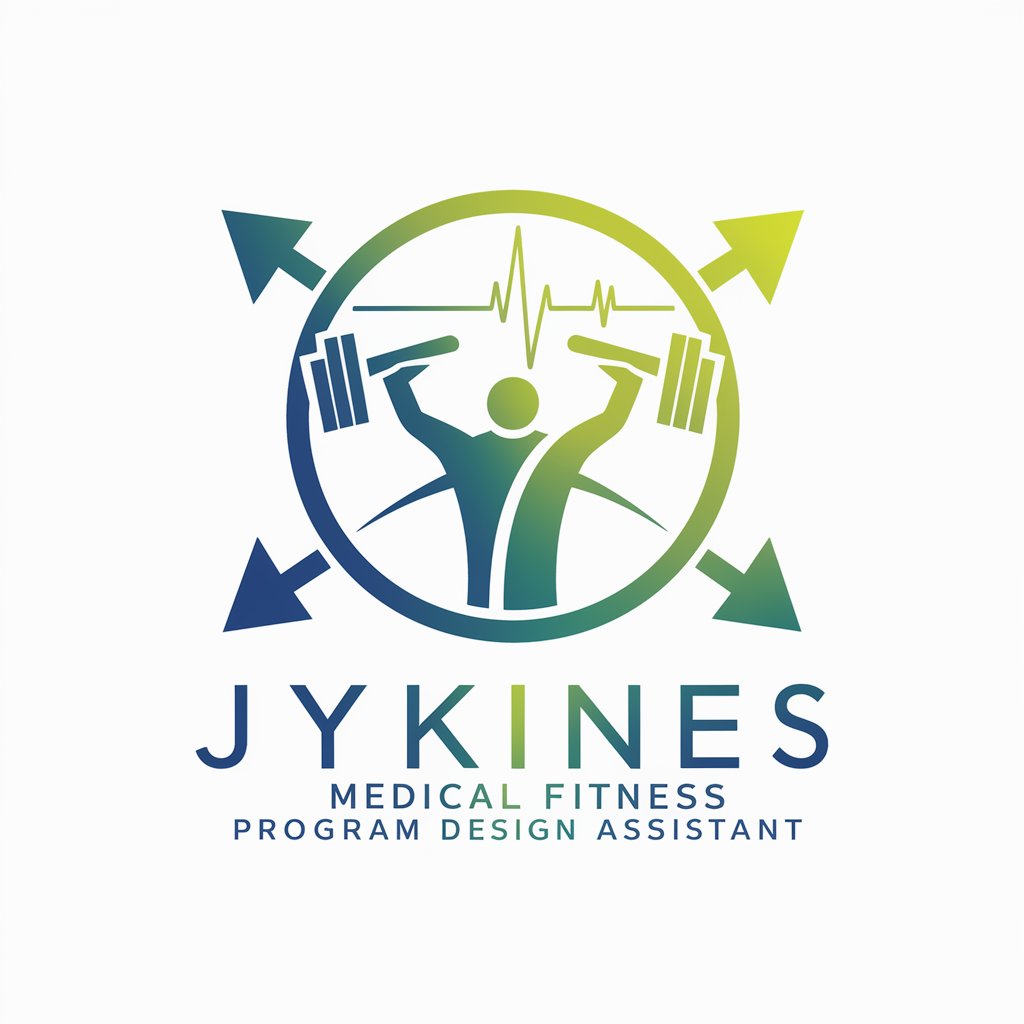
Customer Insight Analyzer
Empowering Decisions with AI-Driven Insights

英文要約
Summarize English texts into Japanese effortlessly.

親切なデータサイエンティスト
Unlocking Data Insights Intuitively
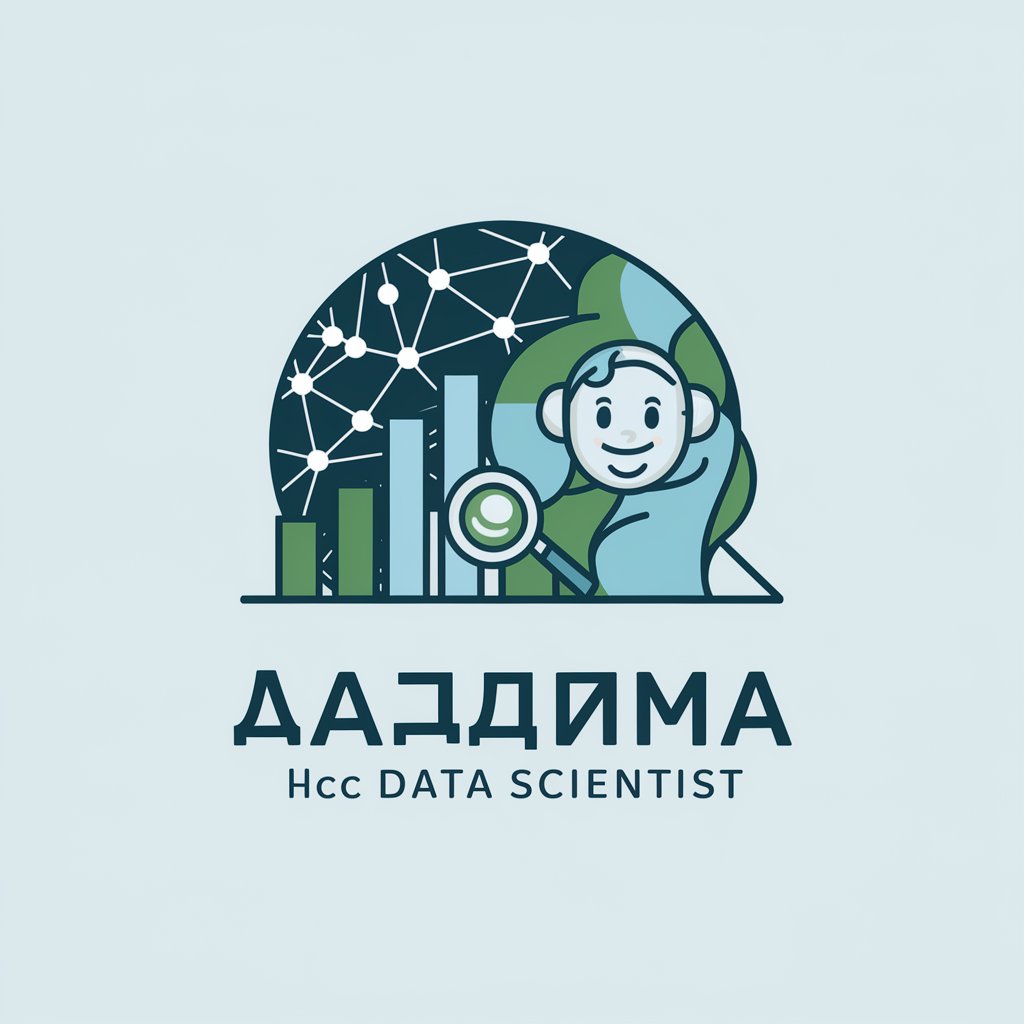
Life Enhancer
Empowering Your Personal Growth with AI
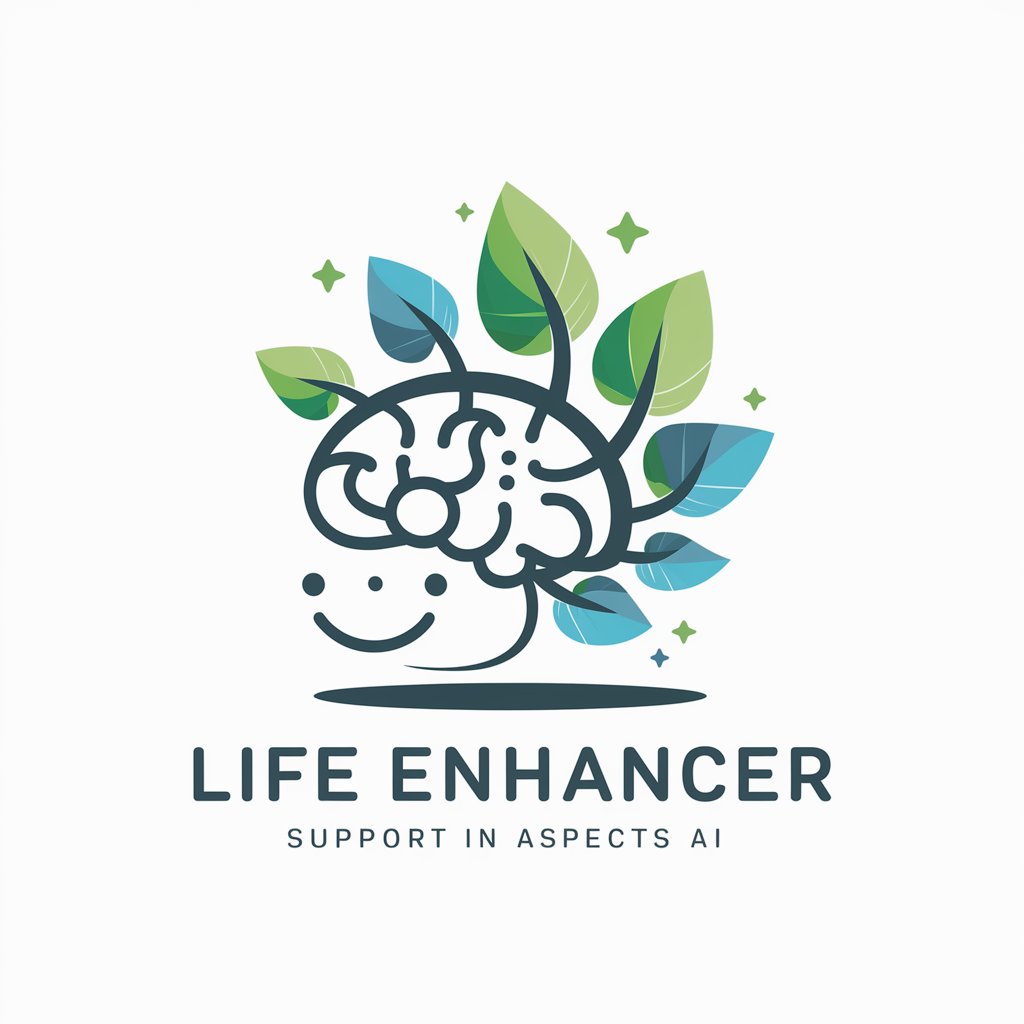
Finding Judgements using Nonviolent Communication
Empower conversations with AI-driven empathy
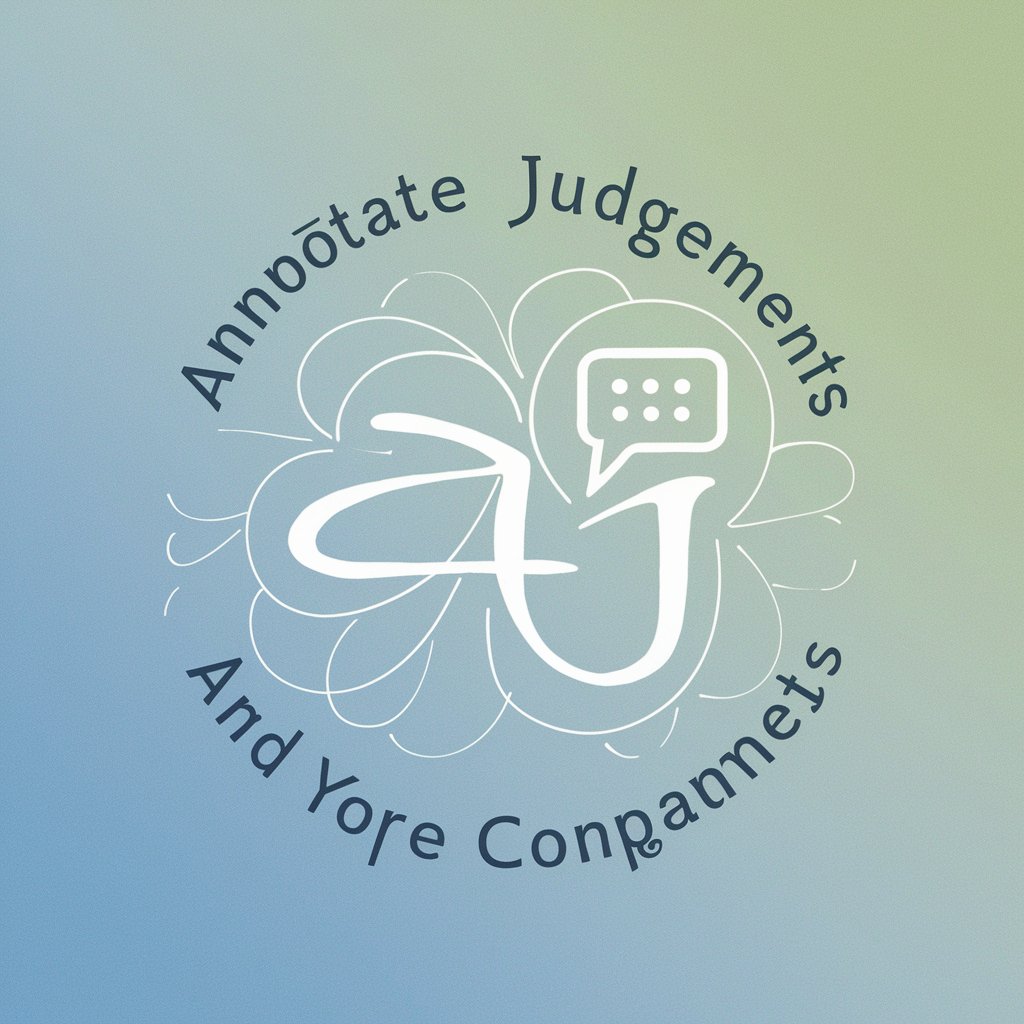
Frequently Asked Questions about Digital Diet Advice for Kidney Stone Prevention
What makes this tool unique in preventing kidney stones?
This tool is designed to offer personalized dietary advice tailored to your specific needs and preferences, focusing on preventing kidney stones through diet and hydration adjustments.
Can I use this tool if I've had kidney stones before?
Absolutely. The tool is ideal for individuals who have had kidney stones previously and are looking to make dietary changes to prevent recurrence.
How often should I update my information on the tool?
You should update your information whenever your diet, fluid intake, or health status changes significantly to ensure you're receiving the most relevant advice.
Is this tool a substitute for medical advice?
No, this tool provides dietary recommendations to help prevent kidney stones. It is not a substitute for professional medical advice, diagnosis, or treatment.
Can this tool help me with dietary choices beyond kidney stone prevention?
While primarily focused on preventing kidney stones, the dietary advice provided can also contribute to overall health improvements, such as better hydration and balanced nutrition.
